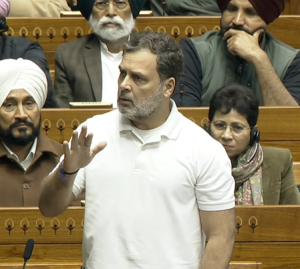The Intercept's legal case against OpenAI moves forward over allegation of removing reporters' names from articles.
The Intercept is suing OpenAI for removing reporters' bylines in violation of the Digital Millennium Copyright Act.

Last Friday, a federal court made a decision regarding a lawsuit brought against OpenAI by The Intercept. The suit alleged that OpenAI used the work of The Intercept's journalists without permission or credit to train their AI program, ChatGPT. While some claims were dismissed, one claim under the Digital Millennium Copyright Act (DMCA) will move forward against OpenAI.
According to Matt Topic, The Intercept's attorney, this ruling is significant as it showcases the importance of the DMCA in protecting news organizations from unauthorized use of their content by AI companies. He also believes it provides a viable approach for challenging such use, regardless of whether the content has been registered with the Copyright Office. Topic, who is also a partner at law firm Loevy + Loevy, made a statement following the court's decision, calling it a "first-of-its-kind" ruling.
The lawsuit was initially filed by The Intercept in February against both OpenAI and Microsoft, joining a growing number of media outlets accusing the companies of copyright infringements. One of the arguments made by The Intercept was based on a provision of the DMCA that prohibits the removal of "copyright management information" such as the title and author of a work. The Intercept claimed that OpenAI did this when building the training data for ChatGPT.
In a brief order, Judge Jed S. Rakoff of the U.S. District Court for the Southern District of New York allowed this particular claim to proceed against OpenAI. However, he stated that a full explanation of his ruling would be provided at a later time. Rakoff did dismiss another claim made by The Intercept, which accused OpenAI of knowingly distributing content with removed copyright management information.
Furthermore, the claims made by The Intercept against Microsoft under both provisions of the DMCA were also dismissed by Rakoff. This ruling serves as a reminder of the legal implications and consequences of using copyrighted material without proper permission or credit. It also highlights the growing importance of protecting digital news content from unauthorized use by AI companies.










